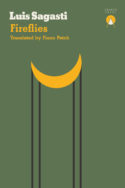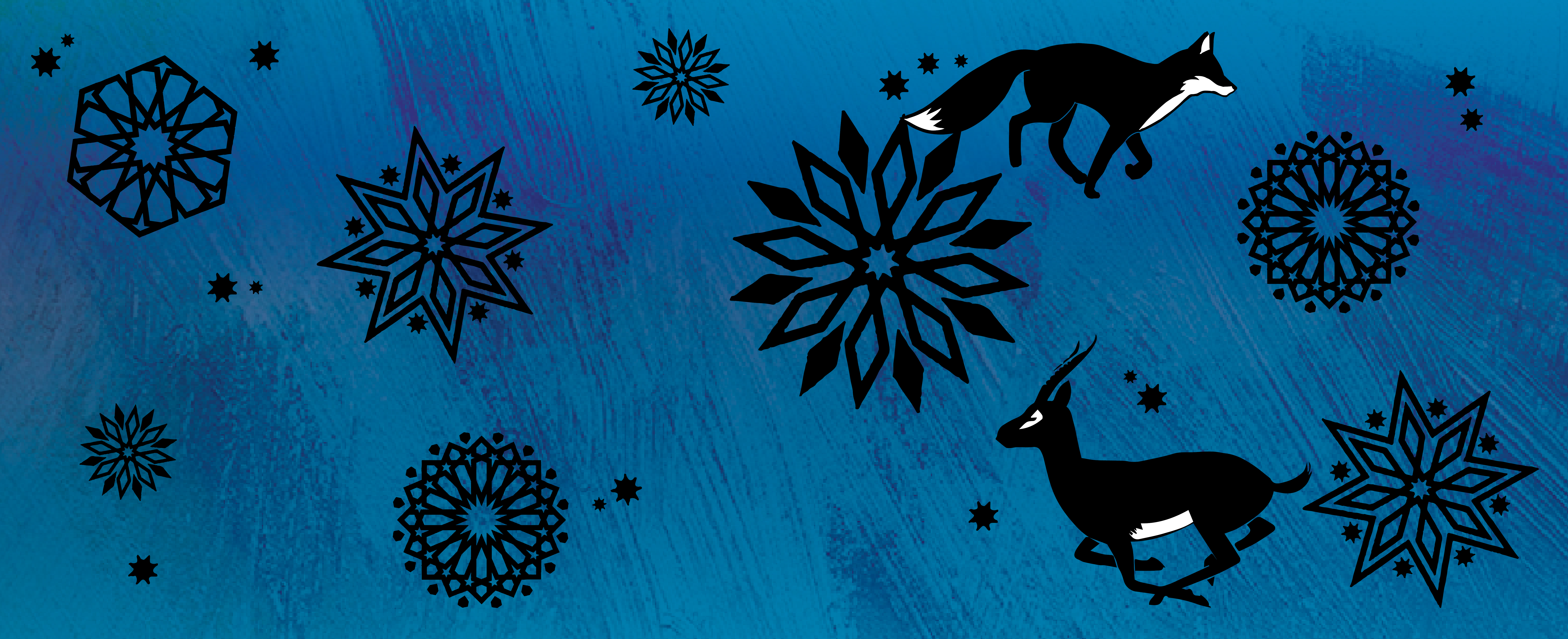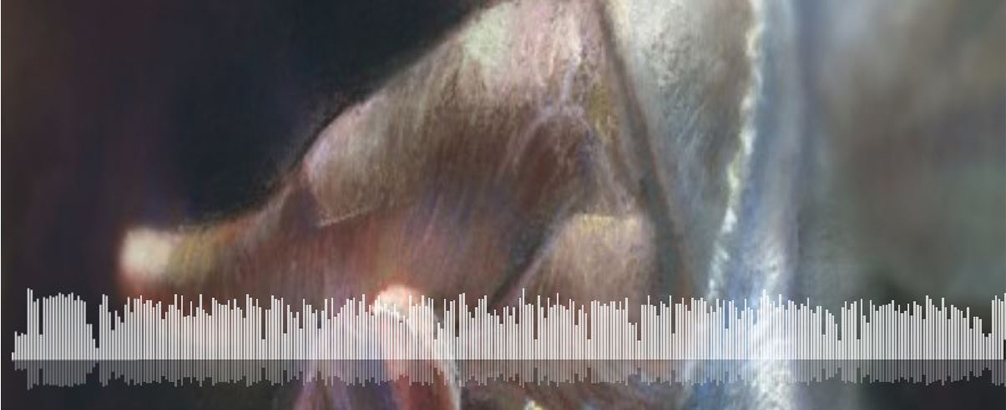‘One thing we can be sure of is that, for hundreds of thousands of years, the ball of yarn has been revolving without pause.’
How do we begin to narrate the history of the world? Where do we start? Where do we end? In Fireflies Luis Sagasti attempts to answer these questions and more in this unusual and thought-provoking novel.
Extract from Fireflies
By Luis Sagasti; translated by Fionn Petch
Published by Charco Press
The world is a ball of wool.
A skein of yarn you can’t find the end of.
When you can’t, you pluck at the surface to bring up a strand and then break it with a sharp tug. Once you find the other end, you can tie the two threads of yarn together again. One of grandma’s little tricks.
Some people think the world is a ball of wool from a lamb that sacrificed itself long ago so everyone could stay warm.
And they find this idea comforting.
And there are others who think that, in fact, the world is held up by threads. As if the ball of yarn were elsewhere. So headlines appear that try to explain things like who pulls the strings of the world. Magazine covers: two threatening eyes against a black background. And there are writers who write whole books about this. Conspiracy theories. An explanation that arises from intellectual laziness: the idea that a shadowy group has chosen to weave the plots of all of our lives. Just like that. Because: a.) they are pure and good; b.) they want to keep hold of their wealth; c) they are evil, really evil; or d) they hold a secret that would be the end of all of us if we were to find it out – and of them too, of course. For those who see the world this way, any conspiracy – because there have always been conspiracies – is just the visible result of a greater conspiracy. And the smaller conspiracies are all interconnected. Man never reached the moon. Paul McCartney died in 1967 and was replaced by a lookalike. Christ descended from the cross and had twins with Mary Magdalene. Shakespeare’s works were actually written by Francis Bacon. The Lautaro Lodge was a branch of the Freemasons, who are a branch of the Rosicrucians, who are a branch of the Gnostics, and the tree proliferates so wildly that not only does it leave us unable to see the wood but it also fills everything with shadows, making way for those two threatening eyes that want us to understand that there’s something out there it’s better we don’t know about. Because – and this we do know – conspirators always leave clues, as if everything were one big game of hide and seek. For people who think like this, any secret is part of the plot because when people conspire they breathe low and in unison, as if whispering a secret.
We shouldn’t believe them, though it’s right to believe in secrets. After all, childhood is nothing but the progressive revelation of well-kept secrets. To reveal them all at the same time would be to reveal nothing. The darkest dark and the whitest light are equally blinding. As is discovering that your dad has already bought all your Santa presents for the next five years.
How do we know when there are no more secrets? When do we find that out? Or is there nothing to learn?
There are secrets that make the world work in a particular way. But they shouldn’t be called secrets. Omissions would be more prudent. For the machine to keep running, it’s better not to mention certain things. Every family holds a terrible secret that, as soon as we sense what it might be, is no longer mentioned.
And there are still others who believe that these threads in fact sustain the world from the inside, as if the world were the great ball of wool and we were insects, like ants or flies, crawling or flying around it. A ball of wool someone is using to knit something. Or perhaps no one is knitting anything at all. There’s just a great shroud with no Penelope, growing without purpose in the eternal silence of infinite space.
One thing we can be sure of is that, for hundreds of thousands of years, the ball of yarn has been revolving without pause.
 Fireflies, by Luis Sagasti and translated by Fionn Petch, is out now published by Charco Press priced £8.99. The book launches at Edinburgh’s Golden Hare on January 19th; get your ticket here.
Fireflies, by Luis Sagasti and translated by Fionn Petch, is out now published by Charco Press priced £8.99. The book launches at Edinburgh’s Golden Hare on January 19th; get your ticket here.
ALSO IN THIS ISSUE

 Victoria Williamson: Writing Diverse Characters
Victoria Williamson: Writing Diverse Characters
‘If you’re willing to see the world through the eyes of a wide range of diverse characters.’

 Freethinker’s Footsteps Podcast
Freethinker’s Footsteps Podcast
An audio exploration of the widespread political and religious conflict in Scotland in the seventeen …












